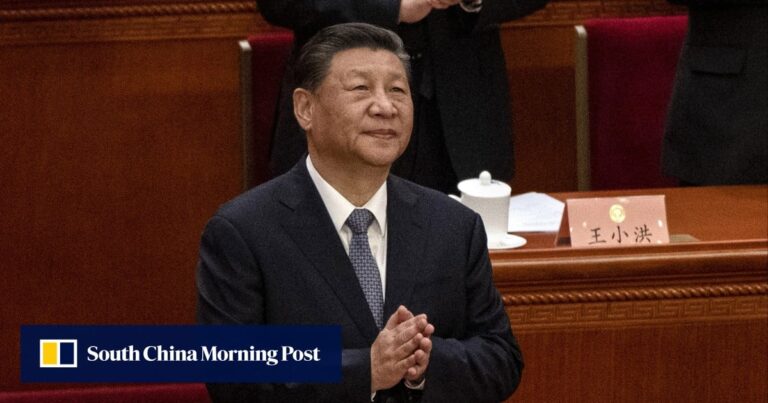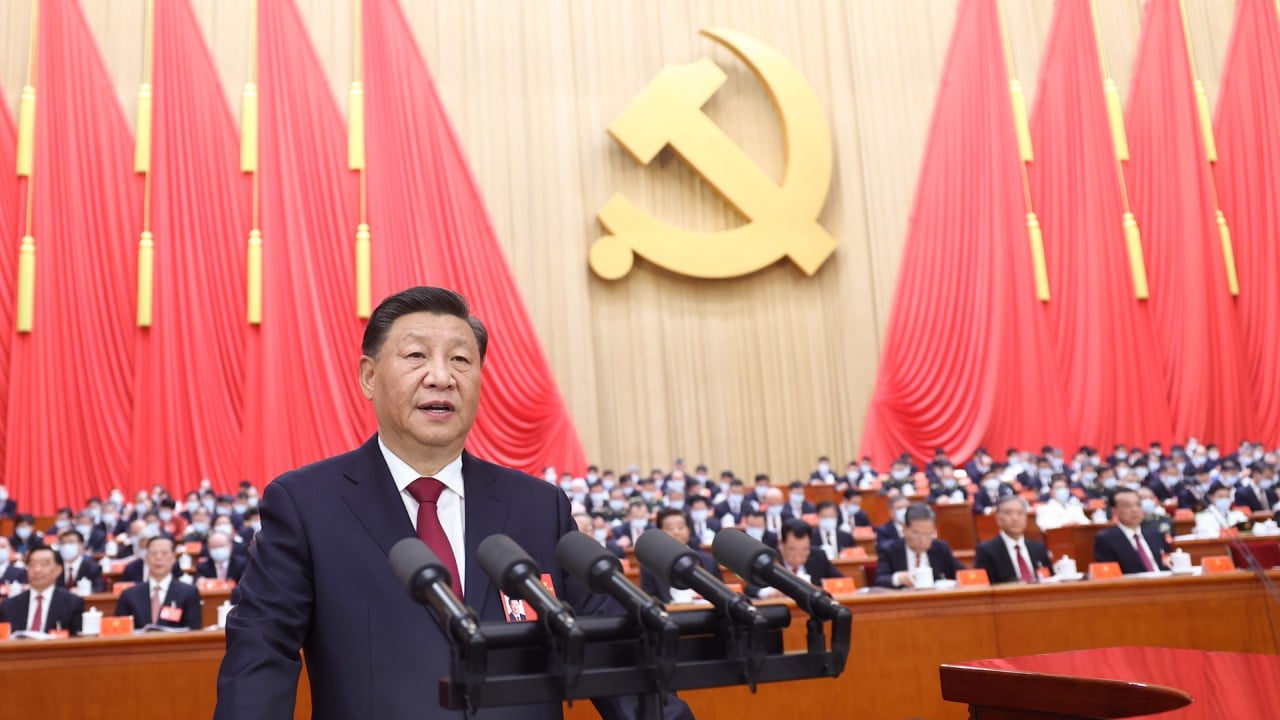“These reform measures have not only enabled China’s economy to maintain strong growth, but have more than doubled since 2012, consolidating the country’s position as a major global growth contributor,” the article said.
The paper also made an extensive comparison between Xi and top leader Deng Xiaoping, saying both leaders pursued the mission of modernizing China. But it also highlighted differences, saying Xi’s reforms went beyond just economic reforms and aimed at building “Chinese people of a new era” full of national pride.
The sweeping official assessment of Xi’s qualities as a reformer comes at a time when China faces headwinds on multiple fronts, including slowing economic growth, high youth unemployment and geopolitical pressures.
The Central Committee plenary session of more than 300 core party members had been postponed for months without explanation, with many observers saying the weak economic recovery was one reason and differences among President Xi Jinping’s closest advisers over how to solve the problem.
While the Xinhua article was intended to praise Xi Jinping, it also offered indirect hints at some of the challenges on the way to achieving Xi’s long-term goal of “building a prosperous, strong, democratic, culturally advanced and harmonious modern socialist country” by 2049, the 100th anniversary of the founding of the People’s Republic of China.
The first challenge is to build a dedicated team with efficient teamwork to govern a vast country like China in an extremely complex environment.
“President Xi Jinping meticulously reviewed each draft of the major reform measures and edited every word,” according to a Xinhua editorial.
Dedication and hard work are welcome virtues, but leadership also requires delegation and teamwork, and President Xi Jinping will need a strong, stable team to achieve many of his policy objectives.
So far, President Xi Jinping has succeeded in putting all his trusted people in key positions, but there are signs that the team-building process will not be so smooth.
The second challenge is to devise a mechanism for checks and balances on the party beyond inspection teams sent from Beijing.
Xinhua also said Xi is determined to challenge vested interests. This is true, and he has surprised many international observers with bold moves such as reorganizing the PLA’s military regions and departments.
But so far the most powerful check on party power appears to be inspection teams enforcing stricter party regulations.
This means that such inspections will have to continue, as there are no other checks and balances.
So far, the success of the campaign has been measured by the number of corrupt officials exposed each year, but in the long run, should success be measured by how rare corruption is?
Finally, a major challenge for Xi Jinping will be to create a stable business environment to revitalize the private sector and attract foreign investment for China’s so far fragile post-COVID economic recovery.
Xinhua stressed that Xi is committed to cutting bureaucracy, promoting the private sector and opening up industry to foreign investment.
Both private companies and foreign investors will be waiting for more concrete measures to be presented at the ongoing third plenary session.



